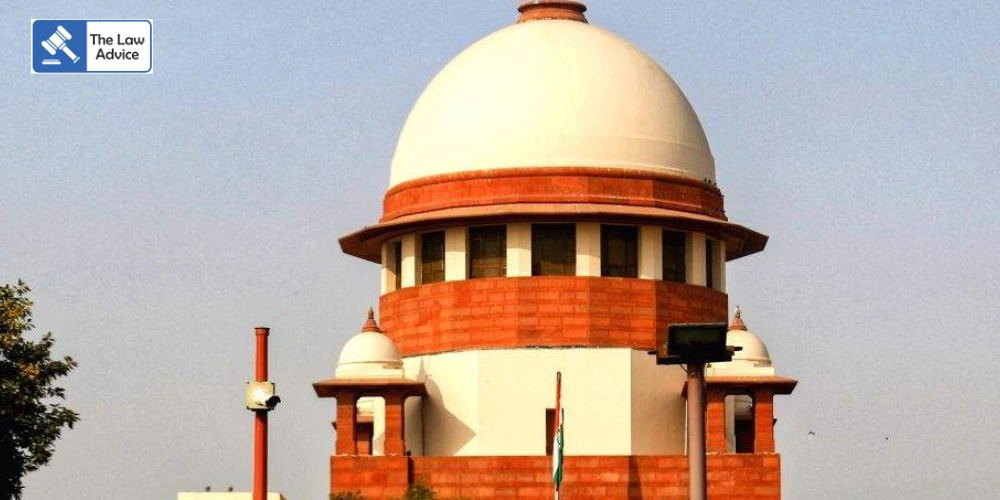
The Supreme Court today (September 8) permitted the transfer of petitions filed by the Union Government, consolidating and moving three writ petitions pending before the Delhi High Court, Karnataka High Court, and Madhya Pradesh High Court. These petitions, filed by online skill-gaming companies, challenge the Promotion and Regulation of Online Gaming Act, 2025 (“Online Gaming Act”), which seeks to prohibit ‘online money games’ and related bank services, advertisements, and promotions.
The Court clarified that any similar petitions pending in other High Courts are also deemed transferred to it.
A bench comprising Justice JB Pardiwala and Justice KV Viswanathan stated: “This is at the instance of the Union of India with the prayers made. Transfer, as prayed, is allowed. Proceedings from Karnataka, Delhi, and Madhya Pradesh High Courts are hereby transferred to this Court. Respective High Courts are directed to transmit complete records along with all interlocutory applications within one week. Transfers may be done digitally to save time.”
Solicitor General Tushar Mehta appeared on behalf of the Union, while Senior Advocates C. Aryaman Sundaram and Arvind P. Datar represented petitioners in the High Courts.
The Online Gaming Act, 2025, has faced challenges before the Delhi, Madhya Pradesh, and Karnataka High Courts, with the latter hearing pleas for interim relief. In another development today, the Karnataka High Court issued notices in a separate petition.
The primary contention in all petitions is that the Act bans even games that require skill rather than pure chance, including e-sports. Petitioners argue that this blanket prohibition violates judicially recognized skill-based games and infringes on Article 19(1)(g).
The Act was passed by Parliament on August 21 and received Presidential assent on August 22.
Case Details: UNION OF INDIA v. HEAD DIGITAL WORKS PRIVATE LIMITED AND ANR | T.P.(C) No. 2484-2486/2025
Website designed, developed and maintained by webexy